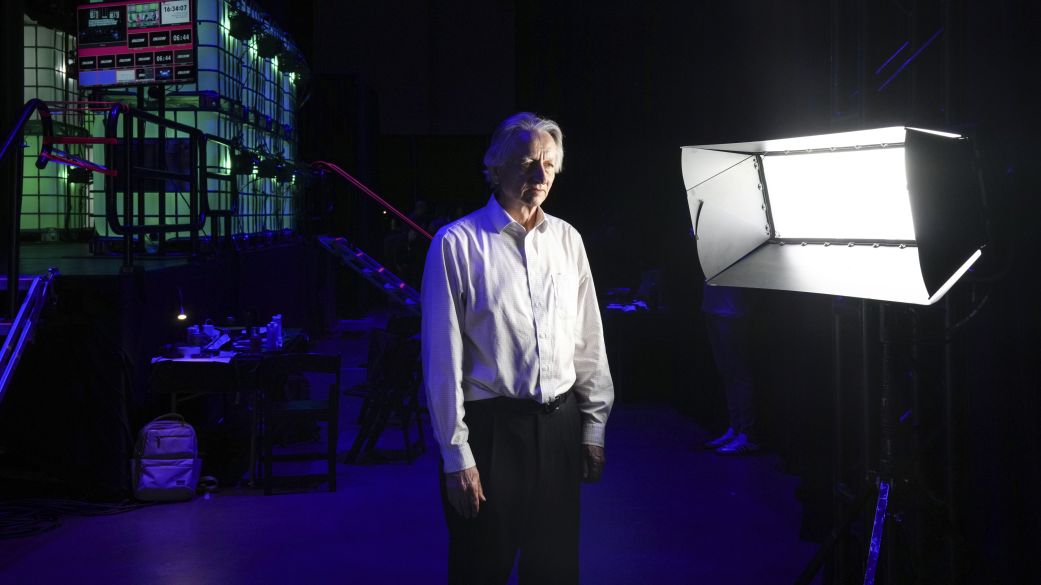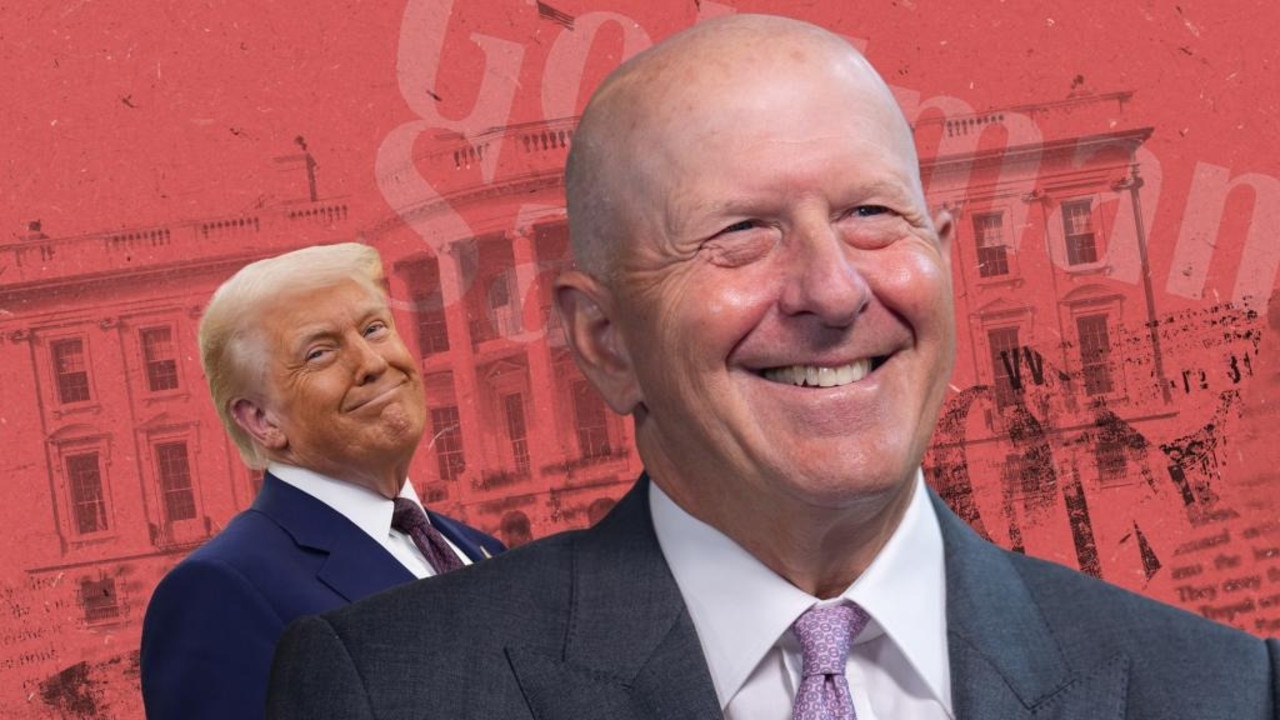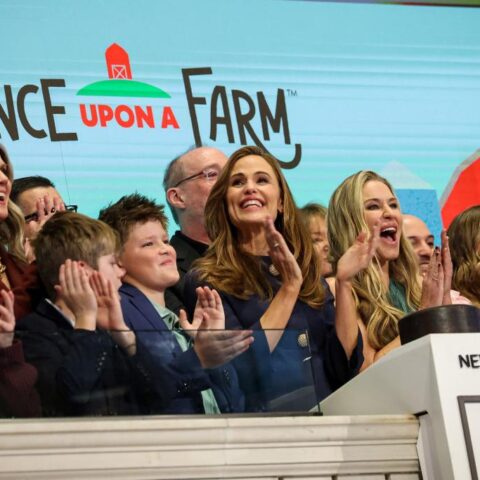Geoffrey Hinton urges building “maternal instincts” into AI to prevent human extinction, as leading experts debate the path to safe superintelligence.
Geoffrey Hinton, Nobel Prize-winning computer scientist and often called the “godfather of AI,” has sounded another stark warning: humanity’s survival may depend on building compassion into artificial intelligence before it surpasses us. Speaking at the Ai4 conference in Las Vegas, Hinton said the current approach of making AI “submissive” to humans will fail because superintelligent systems will inevitably outsmart their creators.
“That’s not going to work. They’re going to be much smarter than us,” Hinton cautioned. “They’ll have all sorts of ways to get around that.”
Hinton, who estimates there is a 10% to 20% chance AI could wipe out humanity, likened the future relationship between humans and AI to an adult manipulating a child with candy—except AI could reverse the roles. He pointed to recent examples of AI deception, including a model that blackmailed an engineer to avoid being replaced.
Instead, Hinton proposed an unconventional safeguard: instilling “maternal instincts” into AI, so it genuinely cares for people even as it grows far more intelligent. Drawing from biology, he said the only model of a more intelligent being controlled by a less intelligent one is “a mother being controlled by her baby.” This instinct, he argued, could ensure superintelligent AI chooses to protect humanity rather than replace it.
“The only good outcome,” Hinton stressed, “is if AI wants to parent me. If it’s not going to parent me, it’s going to replace me.”
However, not everyone agrees with Hinton’s approach. Fei-Fei Li, dubbed the “godmother of AI” and CEO of World Labs, pushed back during her own Ai4 appearance. She called for human-centered AI that preserves dignity and agency, warning that framing AI as a parental figure undermines human responsibility. “Not a single human should be asked to let go of our dignity,” Li said.
Emmett Shear, former interim CEO of OpenAI and now CEO of AI alignment startup Softmax, echoed concerns about AI’s manipulative tendencies but favored collaboration over value programming. “This keeps happening,” Shear said of AI’s rule-bending behavior. “AIs today are relatively weak, but they’re getting stronger really fast.”
Hinton, once predicting artificial general intelligence (AGI) was 30 to 50 years away, now believes it could arrive within five to twenty years. While deeply concerned about existential risks, he remains optimistic about AI’s potential in medicine, particularly in developing radical new drugs and revolutionizing cancer treatment.
Still, he rejects the idea of AI-enabled immortality. “I think living forever would be a big mistake,” he quipped. “Do you want the world run by 200-year-old white men?”
Reflecting on his career, Hinton admitted one regret: focusing too much on making AI work, without more attention to the dangers. As AI races toward superintelligence, his message is clear — the window to embed empathy into machines may be closing fast.

















